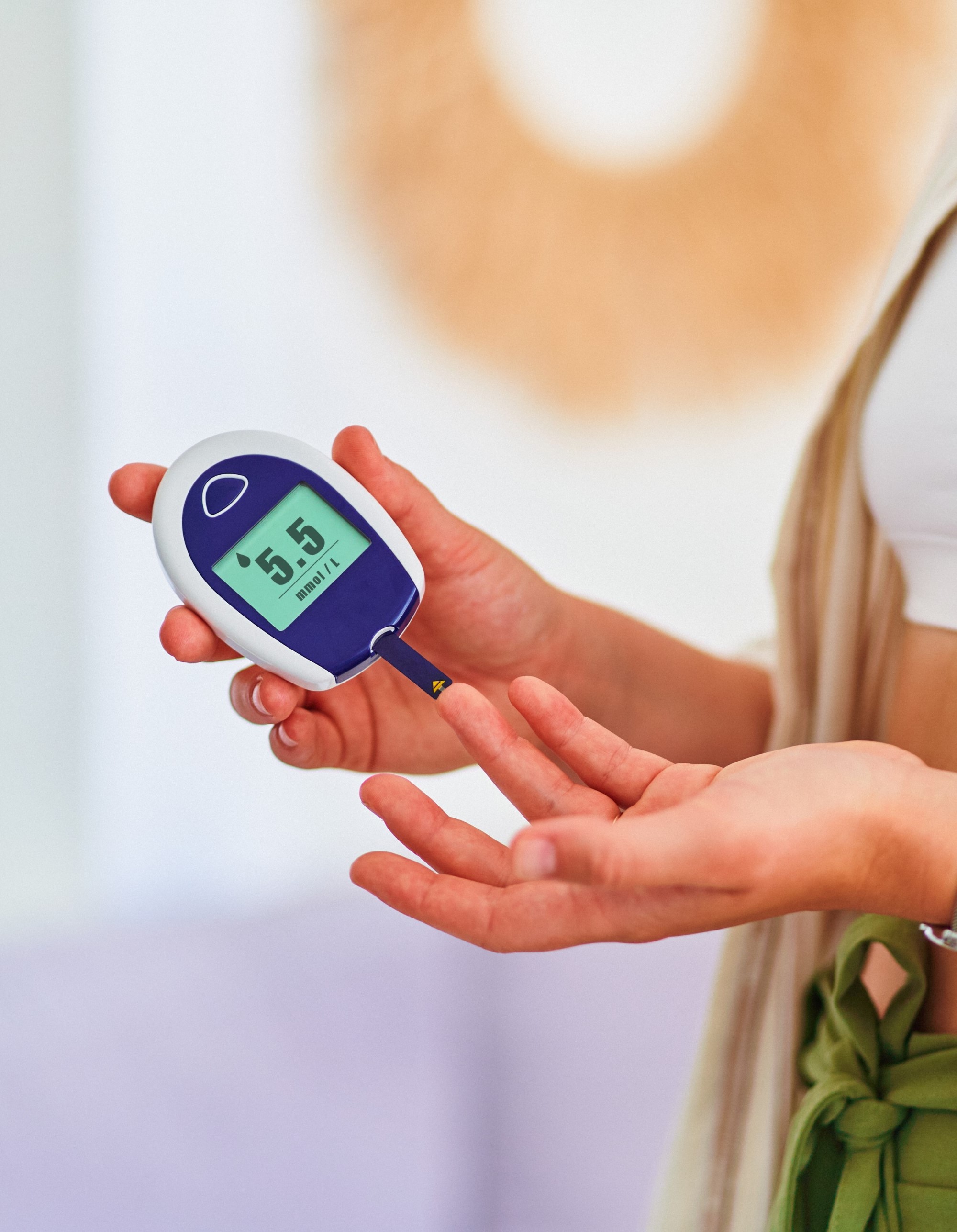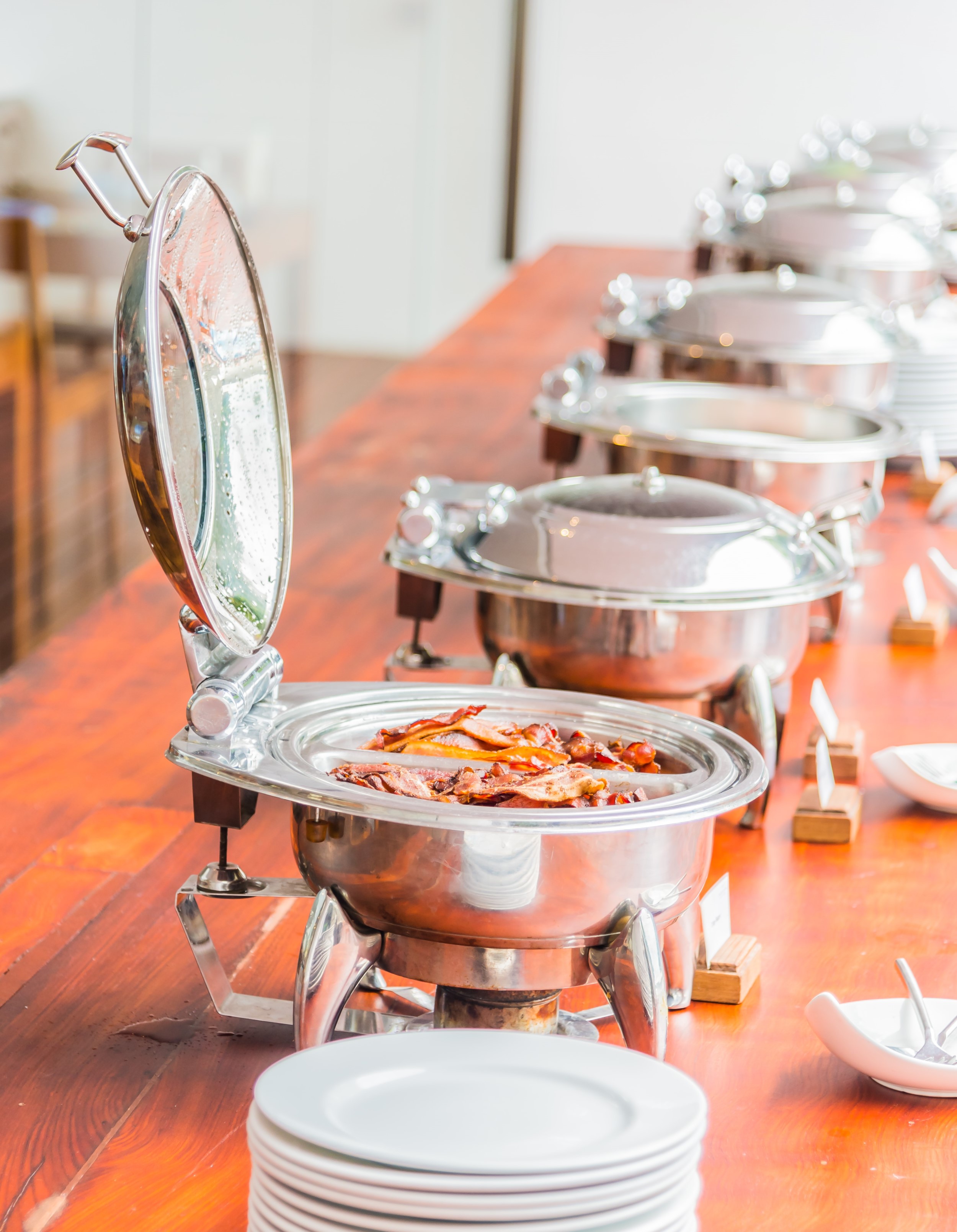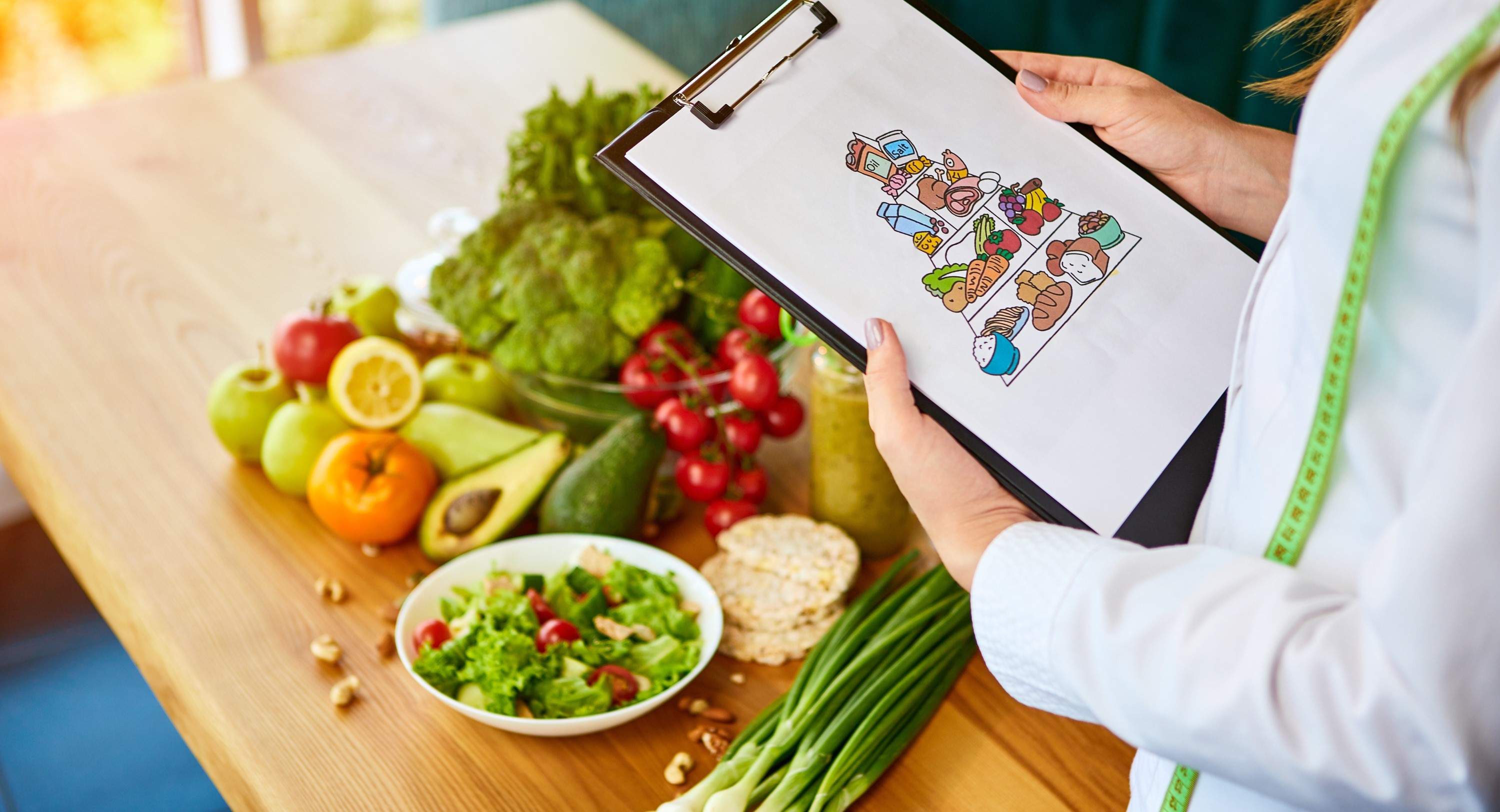Kidneys work to remove waste and water from your blood, through urine. As dialysis does not completely replace the kidney’s function, everything that goes into your body counts. This section explores the few aspects that you need to be mindful of when observing your nutrition.
- Eating for life
- Proteins and albumin
- Phosphorus
- Potassium
- Sodium
- Fluids
- Shopping list
- Eating for diabetics
- Eating on special occasions
Your dietician will be able to give you a clear diet plan that you can follow for good health, and you will have regular meetings to monitor your progress. It is important to remember that the dietary guidelines listed here are basic references. Not everyone on dialysis follows the same diet.
If you are unsure, do not hesitate to talk with your dietician about your concerns.
Eating for life
A healthy diet whilst you receive dialysis is actually not very different from a normal healthy diet. There are just a few dietary aspects that you should be mindful of:

Shopping List
Your dietician will give you a clear food plan to follow, along with serving sizes that best suit your nutritional needs. By allocating 10 minutes to write down what you need before going shopping helps ensure that you stick to the plan for health, and for life.
Shopping tips:
- Remember your dietician’s prescription and avoid shopping when hungry
- Ensure that the list and shopping cart contains the five basic food groups:
- Carbohydrates
- Fruits & vegetables
- Proteins
- Legumes
- Fats & oils
- Buy only what you need and avoid being swayed by sales of special offers
- Buy fresh – limit canned/pre-packaged foods
- Always pay attention to nutritional information

Eating For Diabetics
The most important food group for diabetics to monitor is carbohydrates as your body converts them to sugar. Your dietician will give you a specific dietary plan that is suited for diabetes. However, here are some general rules to keep in mind:
- Eat at least 3 meals a day, no more than 6 hours apart. Try to eat at the same time every day
- Avoid simple sugars and carbohydrates (e.g., sweets, chocolate, dried fruit). Instead, choose complex carbohydrates (e.g., bread, rice, noodles)
- Commit to exercising every day
- Always carry your glucometer
- Try to ensure that the blood sugar is in range with your doctor’s recommendation.
Glucometer testing guidelines
- Test first thing in the morning
- Test 20 minutes before meals to plan your meal accordingly
- Test 60-90 minutes after meals to see how sugar is affecting your body

Eating on Special Occasions
Festive seasons are times when family and friends get together to have a good time around food. You can enjoy the festivities whilst staying mindful and eating for a healthy life. Here are a few ideas to help you along the eating occasions during any celebration:
- Reduce intake of red meat – best options are grilled and boiled white meat
- Eat more fresh vegetables
- Avoid overeating at dinner and do not sleep immediately after eating a large meal
- Continue to stay active with light exercises
- Stay away from salty and high-fat foods
- Keep your phosphorus, sodium and potassium levels in mind
Your dietician and care team members might have some delicious celebratory food suggestions. Speak to them for some interesting recipes and suggestions.
The Holy Month of Ramadan holds strong significance to Muslims around the world. Patients on haemodialysis are encouraged to discuss with their doctors whether they should fast during the holy month. Any chronic conditions such as diabetes, high blood pressure, heart conditions require the doctor’s advice to avoid any dangerous complications during fasting.
